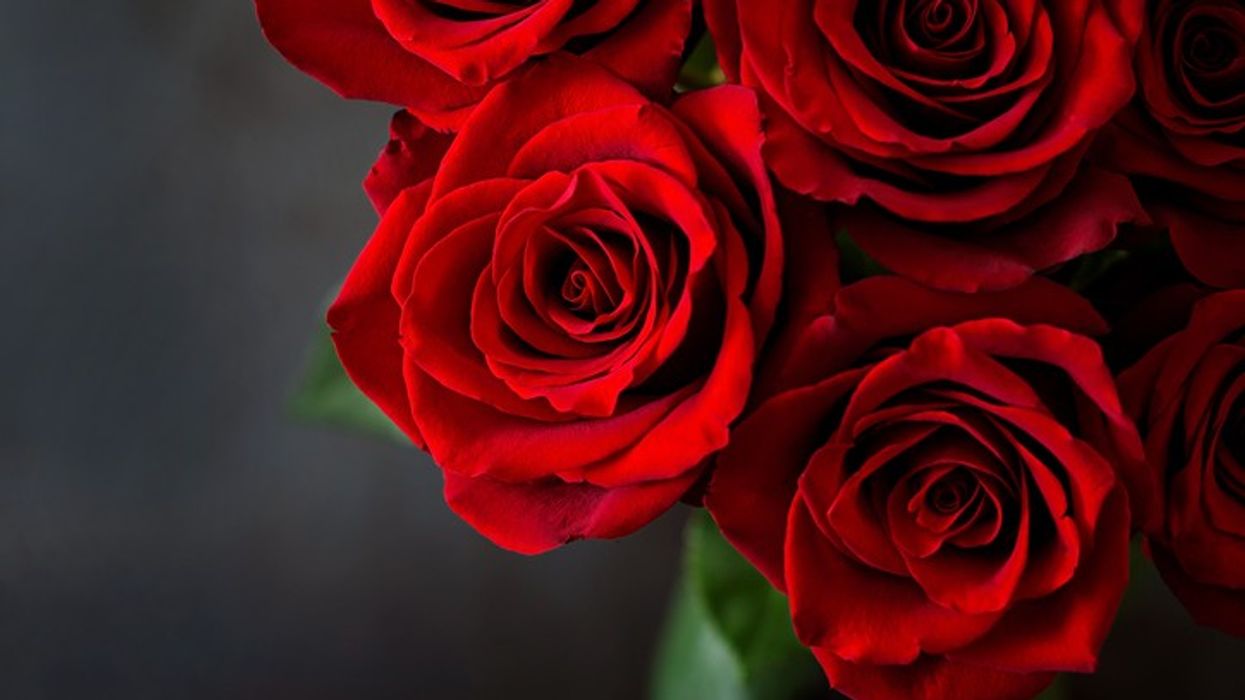The Nepali government has banned the import of fresh roses from countries like India and China ahead of Valentine's Day, according to a media report on Friday (10).
The Plant Quarantine and Pesticide Management Centre under the Ministry of Agriculture in a notification on Thursday (9) directed the subordinate border offices not to issue the import permit for rose flowers, citing the risk of plant diseases.
The centre banned the import of rose flowers citing special reasons in a written direction to 15 customs offices of Nepal, India, and China borders, My Republica newspaper reported.
Valentine's Day is celebrated annually on February 14.
The notice states that roses cannot be imported from Kakadbhitta in the east to Gadda Chowki in the west and any customs points in the north.
"All the offices under the centre are requested not to issue rose flower import permits unless there is another arrangement for special reasons," the notification said.
The Plant Quarantine and Pesticide Management Centre said that due to the risk of plant diseases, the import has been stopped for the time being.
Mahesh Chandra Acharya, information officer of the centre, said the import was immediately stopped due to the possibility of diseases and insects in the vegetable products.
“It is seen that there is a risk of disease in roses and other plants. Therefore, import is stopped for a time being as there is no proper study about such diseases,” Acharya said.
“Since the meeting of the technical committee is still pending, further decisions will be taken only after the meeting,” Acharya was quoted as saying.
According to the details of the Customs Department, Nepal imported 10,612 kg of rose flowers worth over £13,000 in the first six months of the current fiscal year.
JB Tamang, the programme coordinator of the Nepal Floriculture Association (NFA), said that the government's decision would now cause a shortage of roses in the market.
According to the NFA, nearly 300,000 sticks of rose flowers are sold in Nepal around Valentine's Day. He said that only about 20,000 pieces of rose flowers are produced in Nepal.
Traders say almost 80 per cent of the requirement for red roses is fulfilled through imports, the Kathmandu Post newspaper reported.
According to the NFA, demand for long-stem red roses explodes to 150,000 stems on Valentine’s Day.
Most local flower growers can come up with 30,000-40,000 stems, and the rest have to be imported from India. Delhi, Bangalore, and Kolkata are the largest suppliers of red roses to Nepal.













